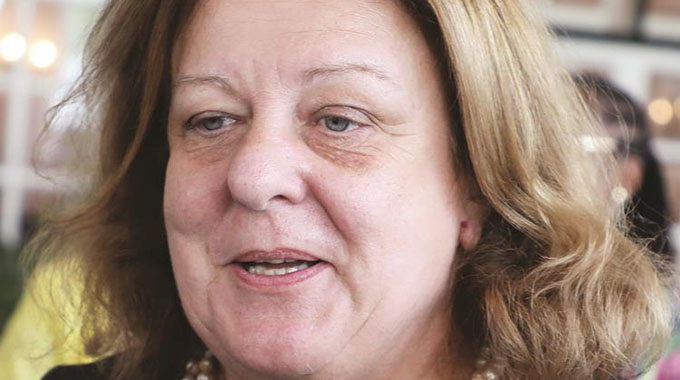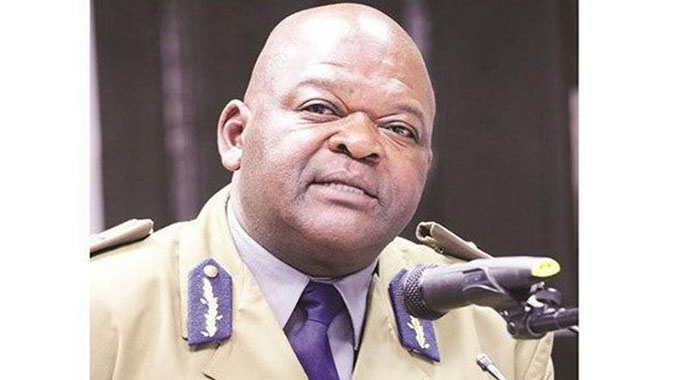Editorial Comment: UN voice must guide the world on Zim

David Hume, a Scottish thinker of the commercial era, argued that the aim of science is not to get certainty, but probability.
To illustrate this point, he used an example of the first man, Adam.
If a ball was to be thrown into the air and Adam — on his first day on the planet — was asked to predict what would probably happen to the ball, what would he say?
Because Adam has no previous experience of a ball falling, he might conclude that it will never return.
The point to Hume’s induction philosophy is that we take it for granted that experience is related to the future.
We were reminded of “The Great Infidel”, Hume, after publishing a wonderful quote from the incoming United Nations Resident Coordinator Ms Maria Ribeiro yesterday.
Ms Ribeiro, who presented her credentials to President Mnangagwa at State House on Wednesday, spoke like an uncorrupted “Adam” when she said: “Having just arrived, it is immediately clear to me that there is a need to help change the narrative of Zimbabwe, recognising the need for reforms, but also the progress made that we can continue to build upon.”
The negative information peddled about Zimbabwe, by both local and foreign elements, has given rise to a false understanding that has made it necessary to — as Ms Ribeiro put it — change the narrative.
As chief maker and articulator of foreign policy, President Mnangagwa has made it clear that Zimbabwe will re-engage and reconnect with countries that had over the years become seemingly distant or hostile to the country.
In this regard, great strides have been made in thawing relations with the United States, Britain, European Union (EU) and other Western nations.
The rapprochement thrust was also extended to international organisations, mainly the International Monetary Fund (IMF) and World Bank.
Despite international and domestic efforts to thwart this re-engagement and rapprochement drive, the world is now responding positively.
Besides Ms Ribeiro, nine ambassadors presented their credentials to President Mnangagwa and most of them pledged to improve economic relations with Zimbabwe.
The ambassadors, as we reported yesterday, stressed their desire to work more closely with Zimbabwe, mainly in economic affairs.
Ms Ribeiro said she sought to build on the long-standing engagement in Zimbabwe based on a relationship of trust and mutual respect with all stakeholders.
Recently, British Ambassador to Zimbabwe Mrs Melanie Robinson urged Zimbabwe to expedite the ratification of its trade agreement with the United Kingdom to ensure the continuation of trade relations when her country leaves the EU.
In June, Zimbabwe and the EU launched a formal dialogue process based on Article 8 of the Cotonou Partnership Agreement which governs relations between member states of the African-Carribean-Pacific regions and the EU.
The IMF has since pledged to continue working with the Government to foster economic stability.
On the regional front, SADC threw its full weight behind Zimbabwe’s call for the unconditional removal of sanctions imposed by Western countries.
“Regardless of the terms used to define the sanctions, international finance and investment entities take a pre-cautionary approach, and inadvertently restrict the extension of financial support to Zimbabwe, and investment across economic sectors.
“This is contrary to the argument that the sanctions are targeted at individuals, and do not affect ordinary Zimbabweans and the region,” the regional bloc said in a statement on the occasion of the inaugural anti-sanctions day.
Those who look at Zimbabwe with the eyes of Adam will see change, determination and engagement, while those whose vision is corrupted by previous experience will continue to see regression.
However, when the UN speaks, the world should listen.










Comments